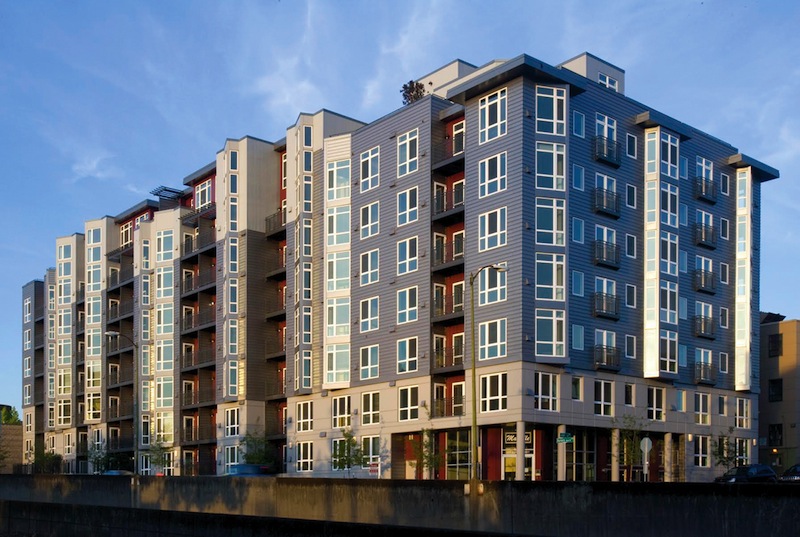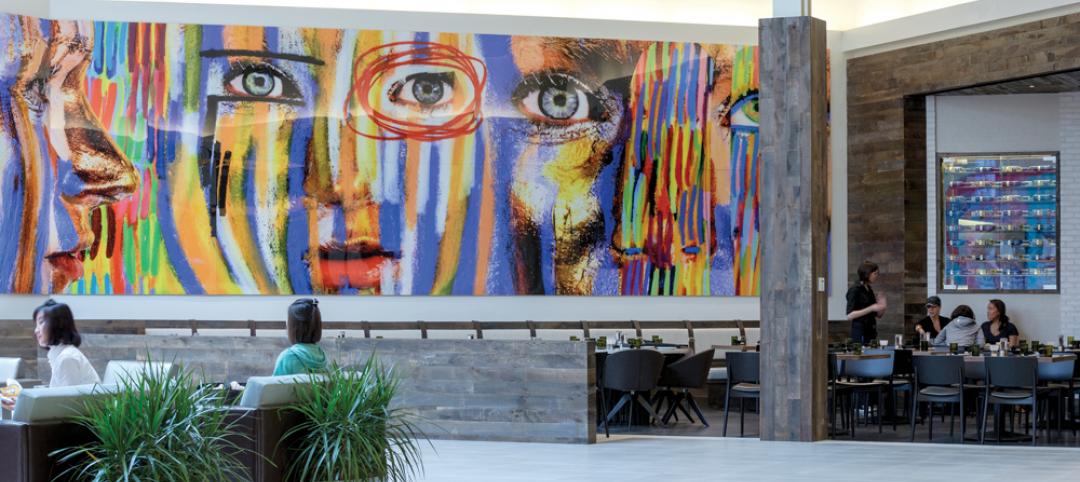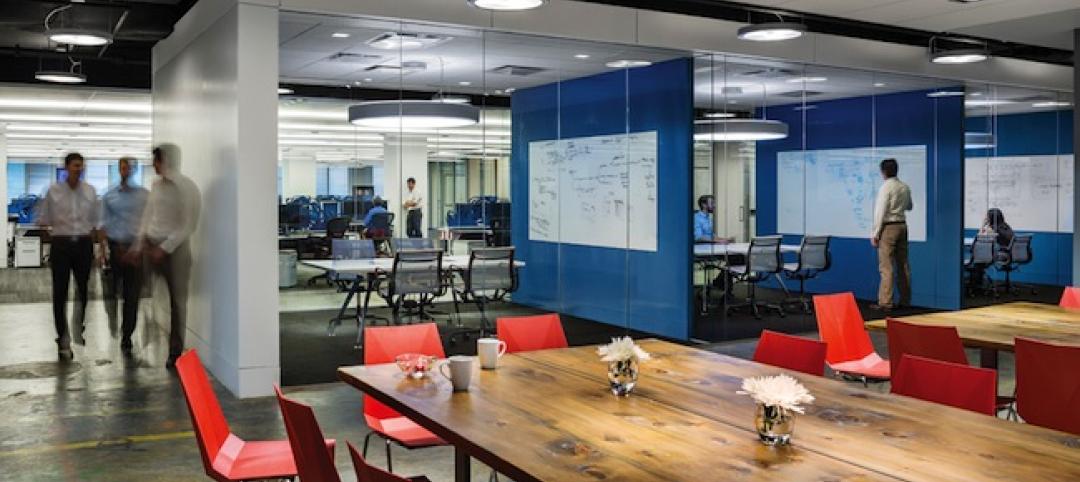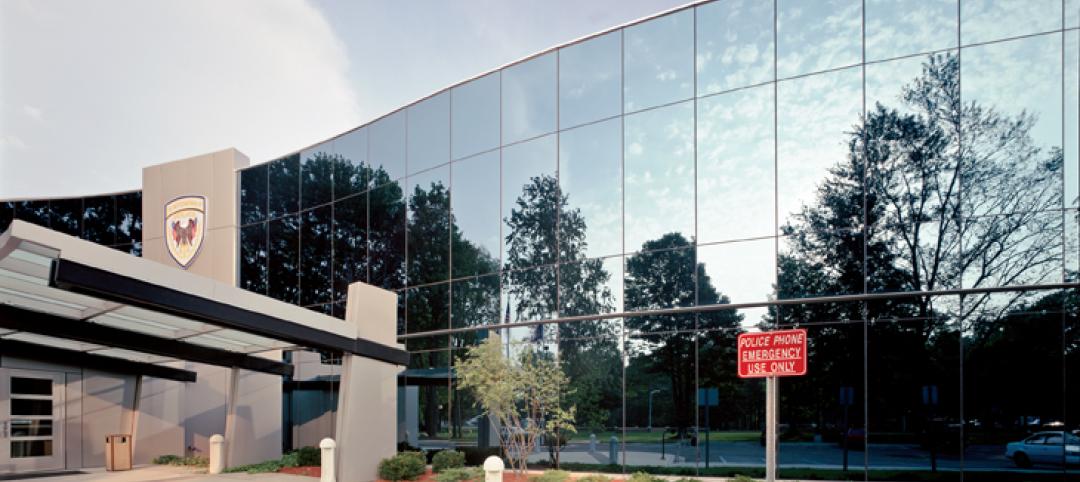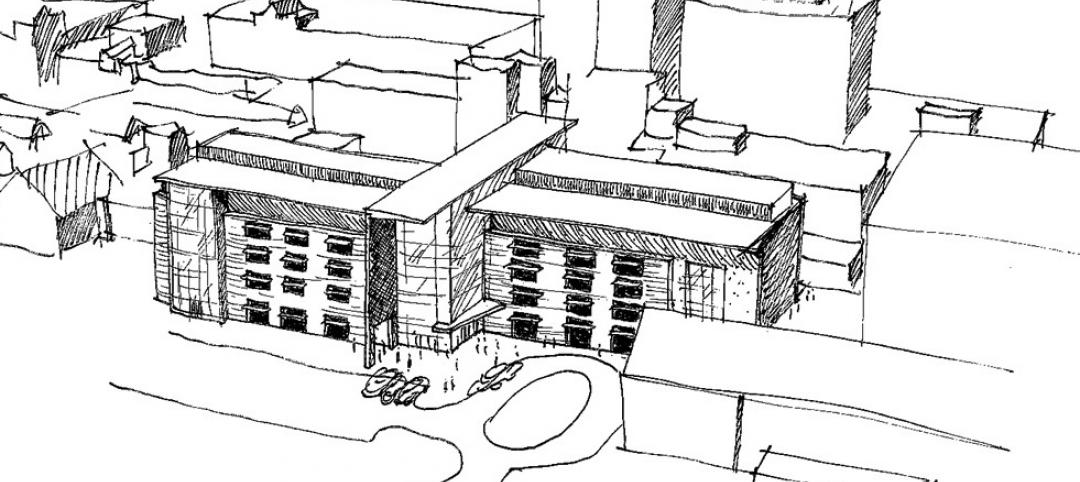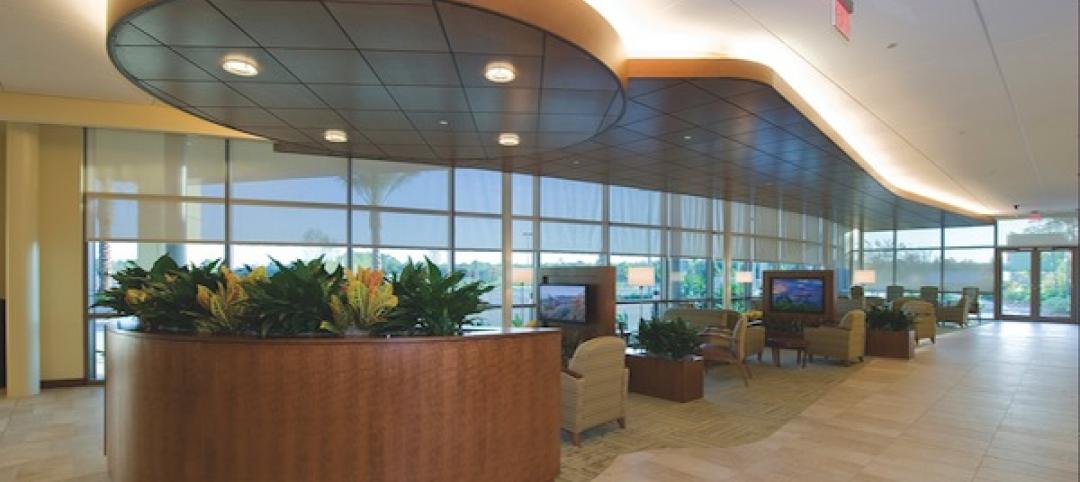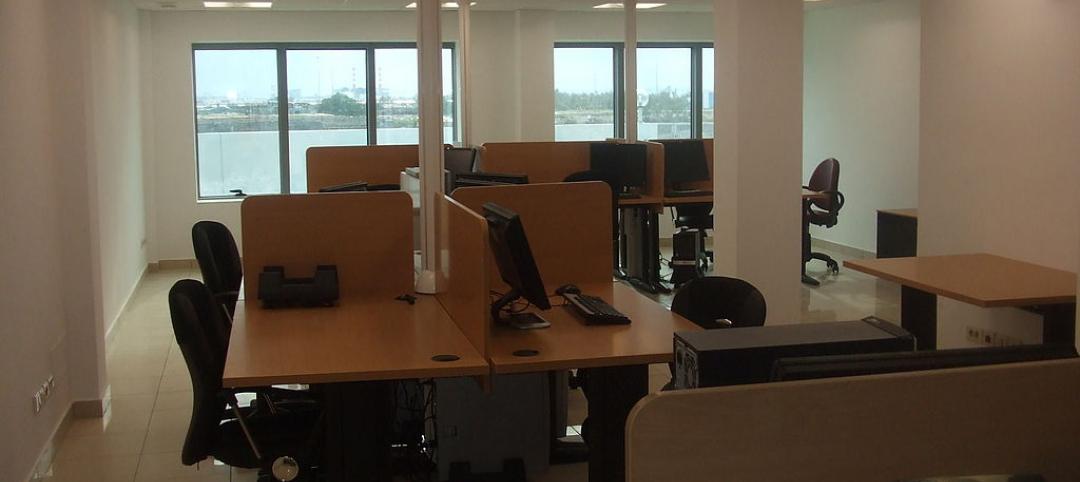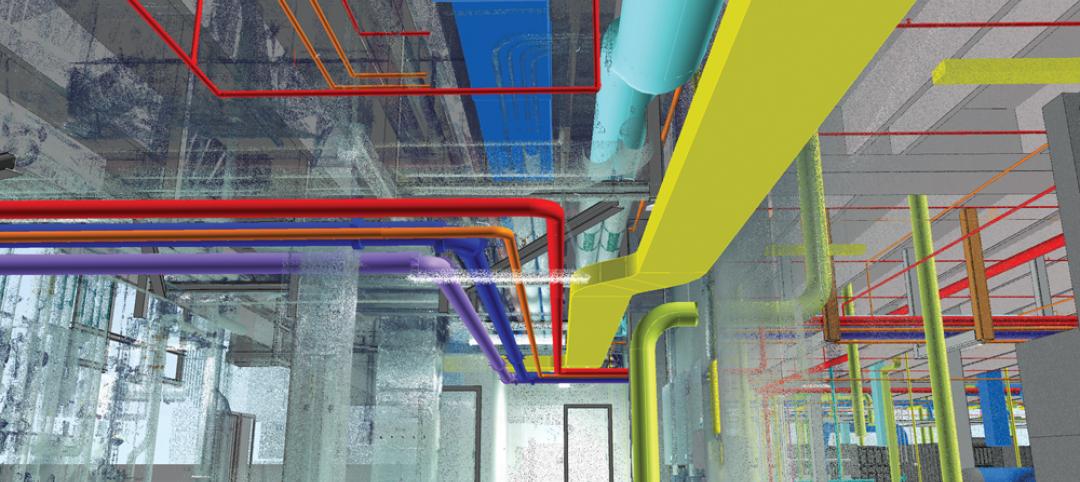Here is a roundup of the most popular AIA/CES Discovery courses on BD+C's continuing education website, BDCUniversity.com. Visit www.BDCuniversity.com to earn 1.0 AIA CES learning units for each successfully completed exam.
1. Applying Modern Energy Codes to Building Envelope Retrofits. When applying current energy codes to existing buildings, a number of issues arise, particularly where the building exterior is concerned. Moreover, envelope assemblies tend to have long life cycles, which can make them difficult and costly to effectively upgrade. www.BDCuniversity.com/applying-modern-energy-codes-building-envelope-retrofits
2. Cool Roofs Can Reduce Peak Energy Demand. This course provides an analysis of the effect of cool or highly reflective roofs in reducing peak demand charges, which may account for a significant portion of monthly electric bills in both new and existing air-conditioned commercial buildings in all North American climate zones. www.BDCuniversity.com/cool-roofs-can-reduce-peak-energy-demand
3. Building Wood Towers: How High Is Up for Timber Structures? The recent push for larger and taller wood structures may seem like an architectural fad—plenty of hype, but only a few dozen completed projects globally. Concrete and steel still rule the world of mid- and high-rise construction. Still, Building Teams around the world are starting to use more large-scale structural wood systems. www.BDCuniversity.com/building-wood-towers-how-high-timber-structures
4. Windows, Doors & Storefronts: Optimizing Safety, Durability, and Client Satisfaction. In nonresidential construction, Building Teams are finding that product and system selection is becoming increasingly complicated, due to increased demands from building occupants, according to fenestration experts. www.BDCuniversity.com/windows-doors-storefronts-optimizing-safety-durability-and-client-satisfaction
5. Guidelines for Designing Low-slope Membrane Roof Systems. Critical aspects of roof system designs are often left unaddressed, resulting in incomplete contract documents. This course identifies the information roofing contractors generally need from roof system designers to provide complete and building code-compliant low-slope roof systems. www.BDCuniversity.com/guidelines-designing-low-slope-membrane-roof-systems
6. Wet-applied Coatings and Finishes for Commercial and Institutional Projects. The rapid pace of development of improved liquid-applied materials and finishes has given Building Teams new options. These sprayable, paintable, or “gunnable” products can add performance and sustainability benefits and reach new levels of resiliency and durability. www.BDCuniversity.com/wet-applied-coatings-and-finishes-commercial-and-institutional-projects
7. Pumped-up Recreation Centers. Sports and recreation used to be confined to dedicated, often isolated, settings. That’s no longer the case. Adopting facility layouts from Asian and European models, today’s sports and recreational buildings are becoming social hubs that accommodate a variety of community needs. www.BDCuniversity.com/pumped-recreation-centers
8. Building Envelope Commissioning: 8 Strategies for Success. Building enclosure commissioning—BECx—is intended to assure building quality by establishing an explicit process to verify that a building enclosure is designed and constructed to meet the owner’s objectives. The concept of building enclosure commissioning has been around for several decades, but it has not been well defined, understood, or utilized. www.BDCuniversity.com/building-envelope-commissioning-8-strategies-success
9. Enhancing Interior Comfort While Improving Overall Building Efficacy. Providing more comfortable conditions to building occupants has become a top priority in today’s interior designs. Optimized daylighting, shading strategies, well-coordinated lighting controls, and underfloor air distribution systems can contribute to improved occupant comfort and energy savings. www.BDCuniversity.com/enhancing-interior-comfort-while-improving-overall-building-efficacy
Visit www.BDCuniversity.com to earn 1.0 AIA CES learning units for each successfully completed exam.
Related Stories
| Dec 28, 2014
10 key design interventions for a healthier, happier, and more productive workplace
Numerous studies and mountains of evidence confirm what common sense has long suggested: healthy, happier workers are more productive, more likely to collaborate with colleagues, and more likely to innovate in ways that benefit the bottom line, writes Gensler's Kirsten Ritchie.
| Dec 28, 2014
7 fresh retail design strategies
Generic ‘boxes’ and indifferent service won’t cut it with today’s savvy shoppers. Retailers are seeking a technology-rich-but-handmade vibe, plus greater speed to market and adaptability.
| Dec 28, 2014
Workplace design trends: Make way for the Millennials
Driven by changing work styles, mobile technology, and the growing presence of Millennials, today’s workplaces are changing, mostly for the better. We examine the top office design trends.
| Dec 28, 2014
AIA: Commercial glass façade and door systems
When it comes to selecting fenestration systems—particularly glass facades and door systems—a number of factors come into play, requiring a thorough evaluation of a project’s individual requirements.
| Dec 28, 2014
10 essential habits of successful architects
Want to take the next step as a design processional? John Gresko, Senior Project Architect with HDR, explores the traits that many great architects possess.
| Dec 28, 2014
10 unglamorous things architects do
An acquaintance recently asked me about the kinds of things I did on a day-to-day basis at work, anticipating a response loaded with enviable activities. She was wrong, writes HDR's John Gresko.
| Dec 28, 2014
New trends in ceiling designs and materials [AIA course]
A broad array of new and improved ceiling products offers designers everything from superior acoustics and closed-loop, recycled content to eased integration with lighting systems, HVAC diffusers, fire sprinkler heads, and other overhead problems. This course describes how Building Teams are exploring ways to go beyond the treatment of ceilings as white, monolithic planes.
| Dec 27, 2014
7 ways to enhance workplace mobility
The open work environment has allowed owners to house more employees in smaller spaces, minimizing the required real estate and capital costs. But, what about all of their wireless devices?
| Dec 27, 2014
'Core-first' construction technique cuts costs, saves time on NYC high-rise project
When Plaza Construction first introduced the concept of "core first" in managing the construction of a major office building, the procedure of pouring concrete prior to erecting a steel frame had never been done in New York City.
| Dec 23, 2014
5 tech trends transforming BIM/VDC
From energy modeling on the fly to prefabrication of building systems, these advancements are potential game changers for AEC firms that are serious about building information modeling.


